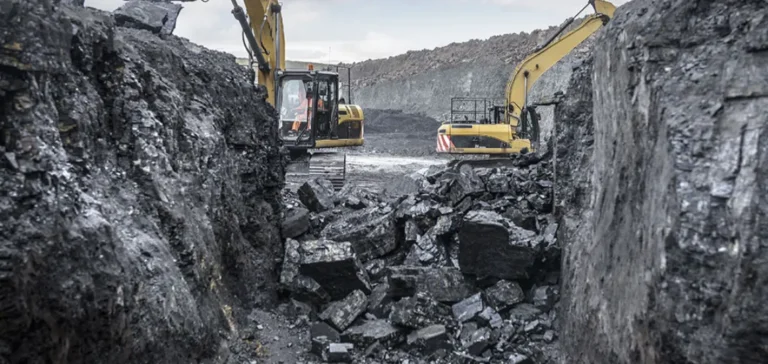The Indian state-owned company Coal India Limited, specialised in mining operations, has launched a series of tenders for the deployment of 5 GW of renewable energy projects nationwide. The plan includes 3 GW of grid-connected solar projects and 2 GW of wind projects, all to be developed on a turnkey basis.
The solar projects must have capacities ranging from 200 MW to 3 GW, with a minimum capacity utilisation factor of 25%. Installations will be located in the states of Andhra Pradesh, Tamil Nadu, Karnataka, Rajasthan and Madhya Pradesh, close to interstate transmission system (ISTS) networks. Selected developers will be responsible for the full scope of work, including design, engineering, procurement, construction, testing, commissioning, and operation and maintenance.
Targeting 9.5 GW by 2030
With a current installed solar capacity of approximately 200 MW, Coal India Limited has set a target of 3 GW of renewable capacity by 2028 and aims to reach 9.5 GW by 2030. This initiative is part of a strategic shift for the company, historically focused on coal extraction.
Technical specifications for the 2 GW of wind projects have not yet been detailed, but they are expected to connect to the national grid and comply with interoperability standards with existing infrastructure. No specific locations have yet been announced for the wind projects.
Contractual requirements and execution framework
The tenders impose strict requirements on candidates regarding performance, timelines, and technical compliance. The contractual model follows a full engineering, procurement and construction (EPC) structure, also covering long-term maintenance services.
This initiative comes as Indian public authorities reinforce energy diversification goals. It also reflects the growing role of public sector companies in national energy planning amid rising electricity demand.






















